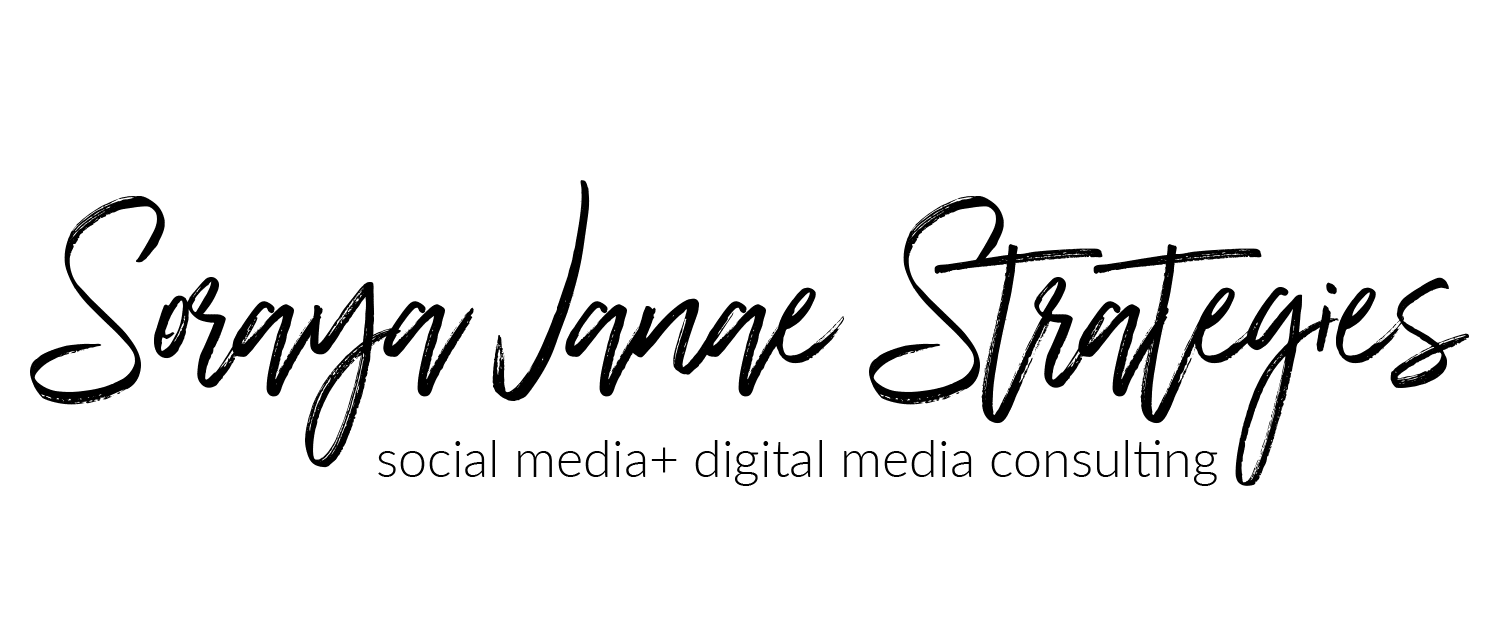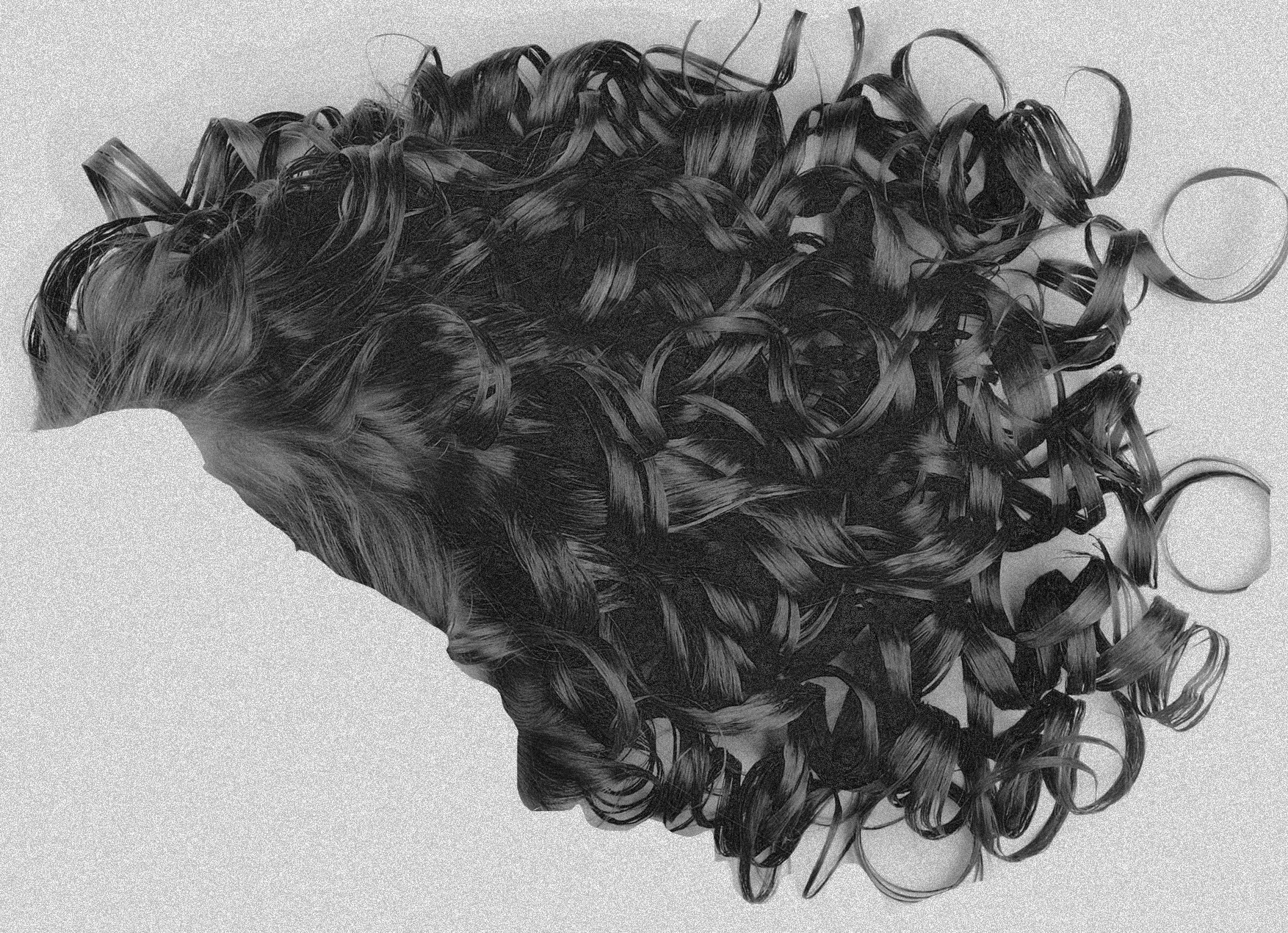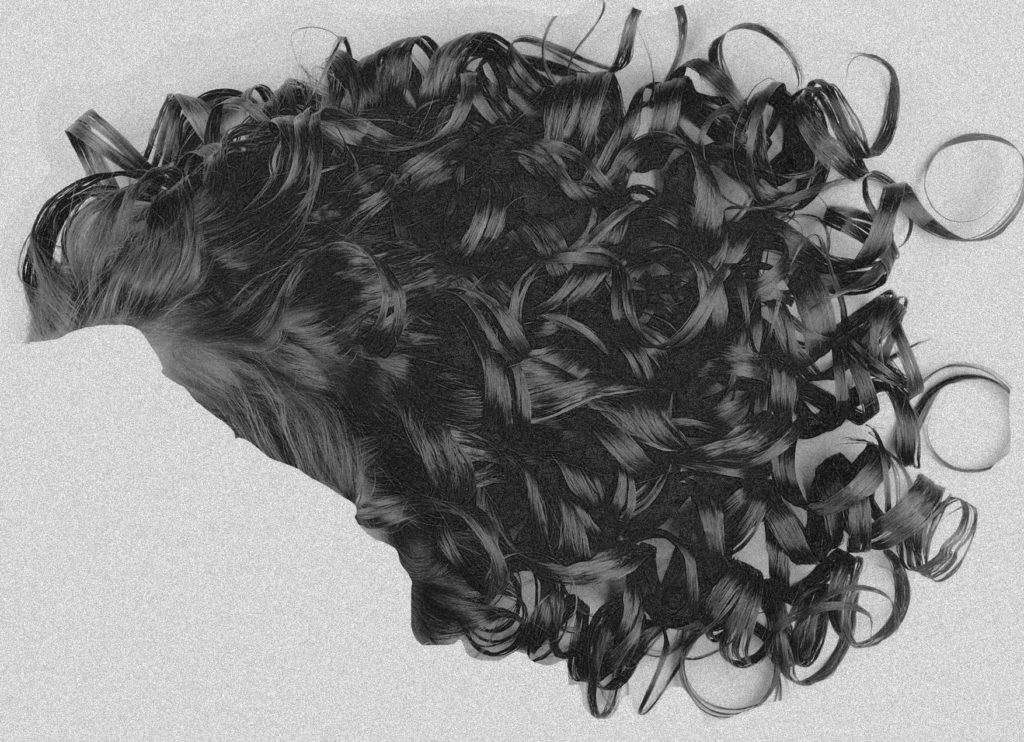By: Soraya Herbert
It’s just hair.
Let’s begin with a story: There once was a little girl who had brown eyes, brown skin, and poufy, curly hair. She was pretty much the same as any other kid she went to school with. Except, all the other girls had porcelain skin, with long, silky, smooth hair that looked like a flowing river. On TV or in magazines, she never saw other girls that looked like her. The kids at school would laugh and call her names, which made her think “maybe I should look like them”. So one day she asked her mother to straighten her wild curls till they were tamed and manageable. In those years to follow, the little girl grew up, still flattening her curls and trying to “fit in”. She began to feel lost, by losing her once long, poufy, bouncy curls, did she begin to lose herself?
For many decades’ women of all shapes, colors and sizes have battled with beauty standards in the professional world. Unfortunately for women of color, the struggle occurs ten-fold. When going into an interview, women of color have to ask themselves “should I straighten my hair, or should I install a weave/wig”, just to make sure they aren’t putting a possible career opportunity at risk.
Recently, Bournemouth University graduate Lara Odoffin claimed that she had a job offer that was revoked because of her hairstyle being braided. Odoffin posted the email rejection on her Facebook page from the unnamed employer which stated:
“Unfortunately we cannot accept braids – it is simply part of the uniform and grooming requirements we get from our clients. If you are unable to take them out I, unfortunately, won’t be able to offer you any work.”
This type of discrimination should not still be happening in this day and age. Being forced to have your hair relaxed should not be a requirement to have a professional career.
The preference for straight hair originated in the days of slavery and is especially highlighted in the media and advertisements. In the early 1980’s and 1990’s many women of color endured heavy criticism and condemnation in the workforce as it related to wearing their hair in natural hairstyles.
In a study conducted by students and with students attending Minnesota State University, they interviewed 12 women of color between the ages of 18-25, who have natural (unprocessed) or relaxed (chemically treated) hair. Their study, they found that some women said that media influenced their decision to relax their hair. They also found that the women felt that their hair defined who they are as a person and without having relaxed hair they wouldn’t know how to manage.
It is sad to hear that these educated and professional women don’t feel confident with their natural hair and feel more “accepted” in society by having straight hair.
Today, many women of color celebrities embrace, their natural hair. Alicia Keys is an example for women of color. Showing women that you can do anything no matter the style of your hair or the color of your skin. Her hair evolution is amazing! From curls to micro braids, to even an afro, she shows women how to embrace their hair.
Ultimately, as much as we try history is always the same problem, different people. In the professional world, there have always been issues concerning women of color and their image in the work force.
Are there answers to solve this issue and is there a way to prevent this type of discrimination from happening? The only way to push forward and be happy is to be yourself and love what you have. Whether if you feel more comfortable, with straight hair or natural hair, just remember, you are not your hair.
xoxo,


